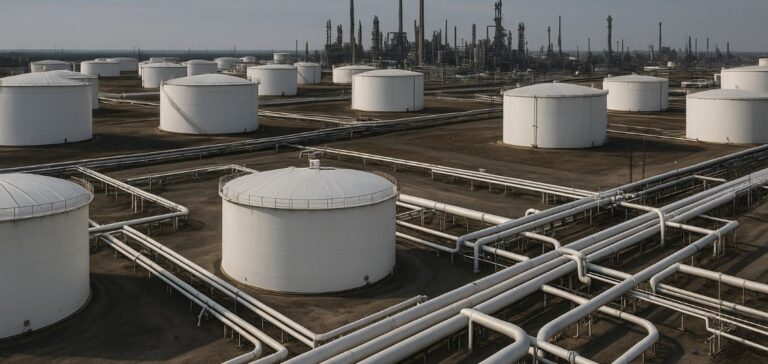Crude oil stocks in the United States decreased by 2.7 million barrels during the week ending April 25, according to a report published by the Energy Information Administration (EIA). This drop was significantly sharper than the 579,000-barrel decline forecast by analysts, based on a consensus compiled by Bloomberg.
Significant gap between forecasts and official data
The discrepancy between market expectations and the published figures reflects a supply dynamic that proved less abundant than anticipated. This change occurred in a context of ongoing volatility in oil markets, as operators closely monitor domestic demand trends and potential production adjustments from exporting countries.
The EIA’s weekly report is a closely watched indicator within the sector, as it directly influences short-term pricing expectations and purchasing decisions. No official comment was provided by the agency regarding the precise causes of this variation.
Potential market reactions
This unexpected inventory decline may affect short-term price movements, particularly for West Texas Intermediate (WTI) futures, the US market benchmark. Fluctuations in crude stock levels are generally interpreted as a signal of the balance between supply and demand.
Detailed data on domestic production, net imports, and refinery activity for the same week have not yet been disclosed in the release. However, analysts await the full publication of the weekly report to assess broader sectoral impacts.
Implications for oil operators
A larger-than-expected stock draw may indicate a higher pace of refining or a temporary spike in consumption. Companies in the sector will also monitor changes in refined product inventories such as gasoline and diesel to anticipate logistical and commercial needs in the coming weeks.
The next EIA report is highly anticipated, as it could confirm a sustained downward trend or indicate a temporary market rebalancing. The agency updates this data weekly to provide an accurate picture of US commercial crude reserves.






















